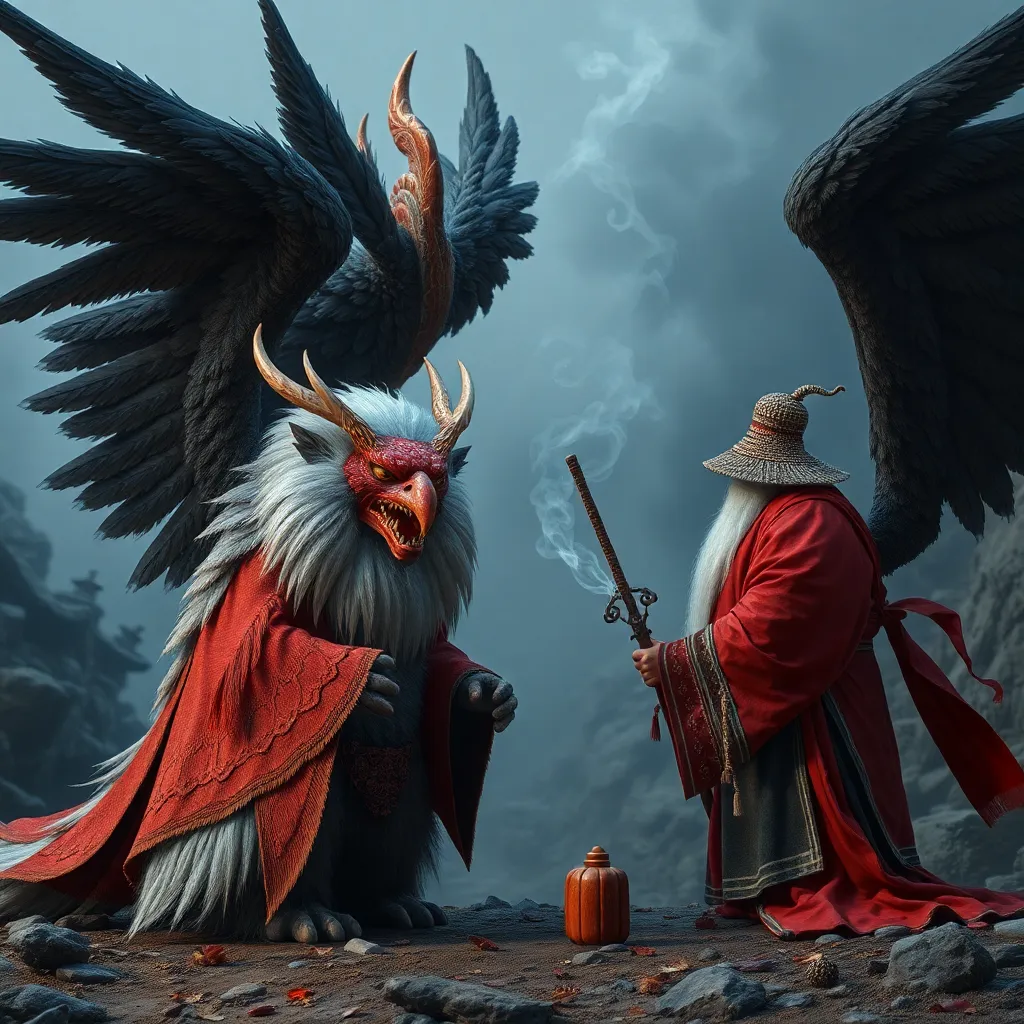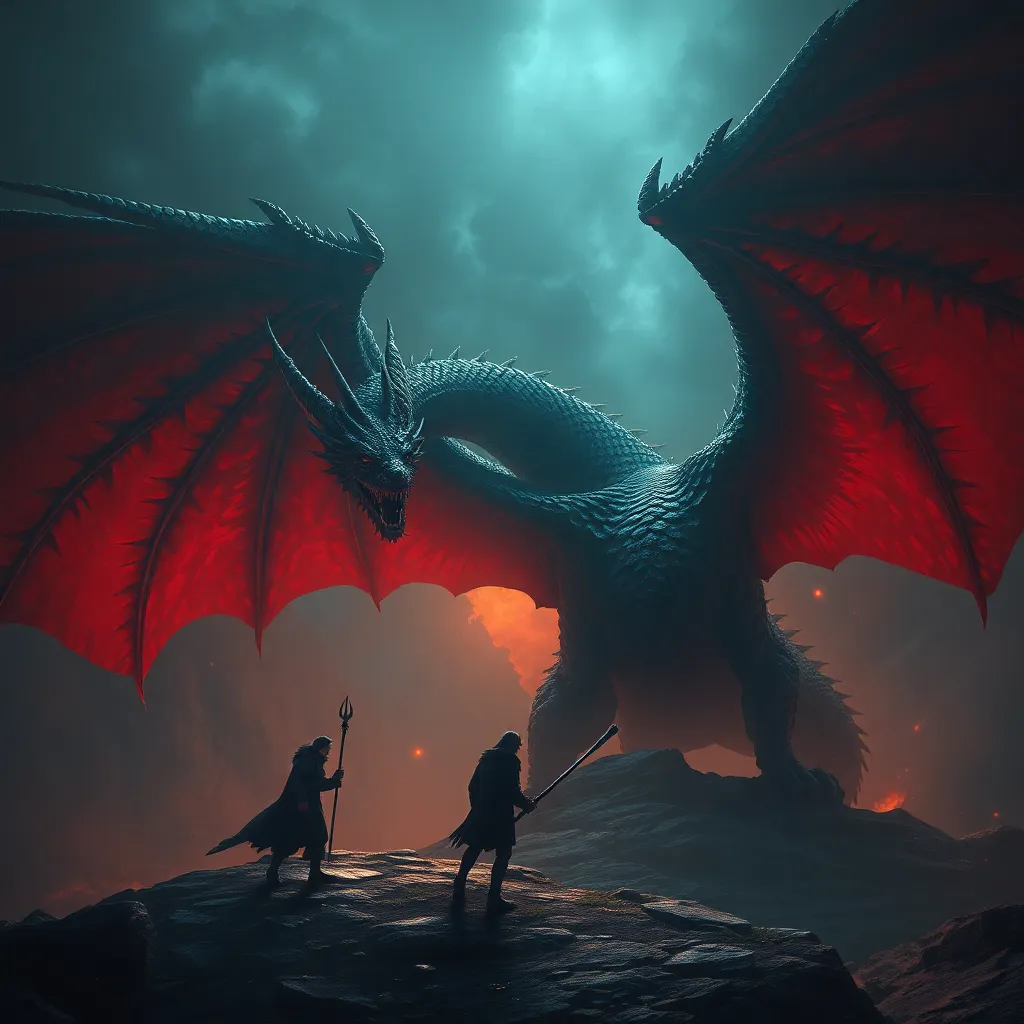Maori Mythology: A World of Relationships
Maori mythology is a rich tapestry of stories that reflect the values, beliefs, and worldview of the Māori people of New Zealand. At the heart of these stories lie complex and multifaceted relationships, shaping the very fabric of their society. From the creation myths to tales of heroes and gods, the exploration of human connections forms a central theme.
Friendship and Betrayal: Key Themes in Maori Stories
Within this tapestry of relationships, two recurring themes emerge: friendship and betrayal. These themes are not presented as separate entities but are intricately intertwined, highlighting the delicate balance between loyalty and deceit that shapes human interactions. The narratives often explore the consequences of betrayal, emphasizing the importance of trust and the fragility of bonds.
The Importance of Whanaungatanga: The Foundation of Maori Society
The concept of whanaungatanga is fundamental to Maori culture and serves as the foundation for understanding their approach to relationships. This concept embodies the interconnectedness of all things, emphasizing kinship, mutual support, and shared responsibility. Whanaungatanga extends beyond blood ties to encompass a wider network of relationships, including friends, neighbors, and community members. This strong sense of community is reflected in Maori mythology, where characters often rely on the support of their whanau (family) and their wider community to navigate challenges.
From Gods to Mortals: Exploring the Spectrum of Relationships
Maori myths explore the themes of friendship and betrayal across different levels, from the celestial realms of the gods to the everyday lives of mortals. We see these themes played out in the relationships between gods and mortals, showcasing the power dynamics and complexities of interaction.
The Power of Words: The Role of Storytelling in Shaping Values
Storytelling plays a vital role in Maori culture, serving as a powerful tool for transmitting values, knowledge, and wisdom across generations. The myths, with their intricate narratives and relatable characters, offer lessons about loyalty, trust, and the consequences of betrayal. By engaging with these stories, the Maori people have developed a deep understanding of the importance of strong relationships and the potential consequences of broken bonds.
The Tale of Maui and his Brother: A Journey of Betrayal and Sacrifice
One of the most famous Maori myths that explores betrayal is the story of Maui, the legendary trickster god, and his brother, Iwa. Maui, known for his cleverness and courage, had a special connection with the sea. He was responsible for bringing the islands of New Zealand out of the ocean. However, Maui’s journey was not without hardship, and his brother Iwa played a crucial role in his success.
During their fishing expedition, Iwa was tasked with holding Maui’s fishing line as he battled a giant fish, pulling the islands up from the depths. Maui instructed his brother to stay strong and not let go, no matter what. But as the struggle grew intense, Iwa, driven by fear and exhaustion, let go of the line, causing Maui to fall into the sea. This act of betrayal not only jeopardized Maui’s mission but also resulted in Maui’s ultimate demise.
The myth serves as a powerful reminder of the consequences of breaking a promise, especially when it involves a sacred trust. The sacrifice of Maui, a god destined for greatness, highlights the importance of unwavering loyalty and the devastating impact of betrayal on relationships.
The Legend of Tane and Rona: A Love Story of Trust and Deception
Another classic Maori legend that delves into the depths of trust and betrayal is the tale of Tane, the god of forests, and Rona, a beautiful human woman. Tane, captivated by Rona’s beauty, fell deeply in love with her. However, their relationship was complicated by the fact that Rona was already promised to another man.
Determined to be with Rona, Tane resorted to deception, disguising himself as a powerful warrior to win her heart. He convinced Rona to elope with him, promising her a life of happiness and adventure. But Rona’s trust in Tane was shattered when she discovered his true identity.
The myth highlights the destructive nature of deception and the importance of speaking truth in relationships. Tane’s act of betrayal, while motivated by love, ultimately led to heartache and the destruction of their bond. The legend serves as a reminder that even in the face of love, trust and honesty are essential for building lasting connections.
Consequences of Betrayal: Lessons Learned from the Myths
Throughout Maori mythology, the consequences of betrayal are significant and often dramatic. The stories serve as cautionary tales, reminding the listeners of the fragility of trust and the importance of upholding promises. Betrayals, whether small or large, often lead to lasting consequences, impacting relationships and even entire communities.
In the story of Maui and Iwa, the consequences of betrayal are immediate and catastrophic, resulting in the death of a powerful god and a major setback for the Maori people. Similarly, in the tale of Tane and Rona, the act of deception leads to heartbreak, broken promises, and a shattered bond.
These myths, through their vivid storytelling, serve as powerful tools for teaching valuable lessons about human interactions. They emphasize the importance of maintaining trust, respecting promises, and upholding the values of whanaungatanga.
The Enduring Impact of Maori Legends on Contemporary Society
The lessons learned from these myths continue to resonate in contemporary Maori society. The stories serve as a constant reminder of the importance of strong relationships, built on trust, honesty, and mutual respect. They provide a framework for navigating social interactions, fostering a sense of responsibility, and upholding the values that define Maori identity.
The themes of friendship, betrayal, and the consequences of broken bonds are timeless and universal. They speak to the human experience, transcending cultural boundaries and offering valuable insights into the complexities of human relationships.
Exploring Theories of Betrayal in Maori Mythology: A Deeper Dive
The exploration of betrayal in Maori mythology presents an opportunity for deeper analysis and understanding. While the myths themselves offer rich narratives and valuable lessons, further research can delve into the underlying complexities of these themes.
For example, examining the motivations behind betrayal in different myths can provide insights into the social and cultural norms of the time. Additionally, considering the perspectives of different characters involved in the stories can offer a more nuanced understanding of the complexities of trust and betrayal.
By delving deeper into the intricate narratives of Maori mythology, we gain a richer appreciation for the enduring power of these stories and their continued relevance in contemporary society.
FAQ
Q: What is the importance of whanaungatanga in Maori mythology?
- A: Whanaungatanga is the foundation of Maori society, emphasizing kinship, mutual support, and shared responsibility. It is reflected in Maori myths, where characters often rely on the support of their whanau (family) and their wider community.
Q: How do Maori myths explore the themes of friendship and betrayal?
- A: These themes are presented as intricately intertwined, highlighting the delicate balance between loyalty and deceit. The stories often explore the consequences of betrayal, emphasizing the importance of trust and the fragility of bonds.
Q: Are there any examples of betrayal in Maori mythology?
- A: Yes, there are many examples of betrayal in Maori mythology, such as the story of Maui and his brother Iwa, or the tale of Tane and Rona. These stories serve as cautionary tales, reminding listeners of the importance of trust and the consequences of broken promises.
Q: What are the consequences of betrayal in Maori mythology?
- A: The consequences of betrayal are often significant and dramatic, impacting relationships and even entire communities. The stories emphasize the importance of maintaining trust, respecting promises, and upholding the values of whanaungatanga.
Q: Why are these myths important to contemporary Maori society?
- A: These stories provide a framework for navigating social interactions, fostering a sense of responsibility, and upholding the values that define Maori identity. The lessons learned from these myths continue to resonate in contemporary Maori society, reminding them of the importance of strong relationships built on trust, honesty, and mutual respect.



